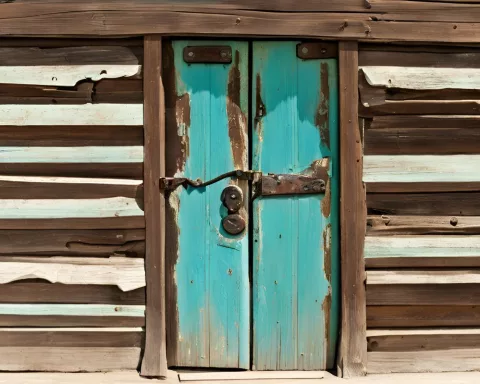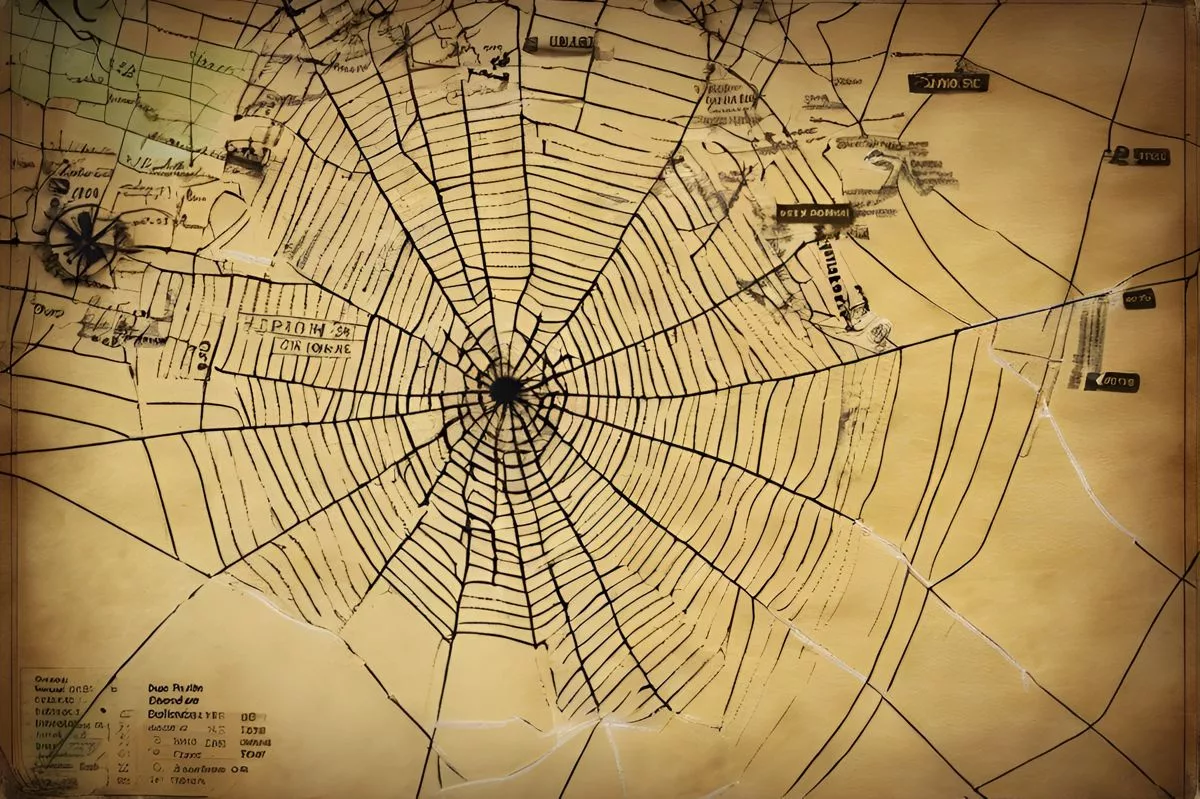Cape Town’s historical attractions offer an enlightening perspective on the past while shedding light on the present. The Robben Island Museum is a must-visit landmark, showcasing Nelson Mandela’s life during apartheid. Bo-Kaap Museum pays homage to the local Islamic culture, while the Iziko Slave Lodge offers a stark reminder of South Africa’s shameful slavery history. The Castle of Good Hope takes visitors back to South Africa’s colonial past, and the District Six Museum honors the displaced community during apartheid. These attractions are storytellers that narrate tales of resilience, survival, and the indomitable strength of the human spirit.
A Peek into South Africa’s History: Robben Island Museum
Renowned worldwide for its significant historical value, the Robben Island Museum is a must-visit landmark. During apartheid, it served as a prison for countless political prisoners, including Nelson Mandela, the famed civil rights leader. A visit to this museum reveals the harsh realities of Mandela’s life during this oppressive era and sheds light on the crucial aspects of South Africa’s national narrative.
A city’s history is often best narrated by its landmarks. Cape Town, a city with a rich and complex history, is no exception. Its historical attractions offer an enlightening perspective on the past while shedding light on the present. This vibrant city is home to several attractions narrating various chapters of its colorful yet troubled history.
A Peek into South Africa’s History: Robben Island Museum
Renowned worldwide for its significant historical value, the Robben Island Museum is a must-visit landmark. Located in the heart of Table Bay, this island has a harsh past. During apartheid, it served as a prison for countless political prisoners. The most notable among these was Nelson Mandela, the famed civil rights leader, who spent 18 of his 27-year sentence here.
A visit to this museum reveals the harsh realities of Mandela’s life during this oppressive era. It sheds light on the crucial aspects of South Africa’s national narrative, making it a crucial part of any historical tour of the country.
Bo-Kaap Museum: A Tribute to Islamic Culture
In the heart of Cape Town, amongst the colorful homes of Bo-Kaap, lies the eponymous museum. This museum pays homage to the local Islamic culture, a heritage that traces back to the era of slavery. The museum’s exhibits provide an intriguing insight into the history behind the colorful houses and the diverse community that lives within them.
Walking through the museum, one can unravel the intriguing stories of the local community, offering a unique perspective on Cape Town’s rich cultural mosaic.
Iziko Slave Lodge: A Silent Witness to Cape Town’s History
Another significant historical landmark in Cape Town is the Iziko Slave Lodge, one of the oldest structures in the city. Located just north of the Parliament Building complex, it was renamed ‘Slave Lodge’ in 1998. This lodge offers a stark reminder of South Africa’s shameful slavery history.
However, the Lodge is not just a symbol of past atrocities, but also a beacon for human rights awareness. It chronicles the journey from human rights violations to their recognition and protection, serving as a constant reminder of the importance of human rights.
Castle of Good Hope: A Relic of South Africa’s Colonial Past
Among the remains of South Africa’s colonial era, the Castle of Good Hope holds a special place. Originally established in 1652 as a fort upon the arrival of the first Europeans, it gradually transformed into the existing castle by 1679.
A visit to this castle offers a journey back in time to an era when settlers strived to set up a depot for the Dutch East India Company’s ships. This significant move played a crucial role in shaping South Africa’s colonial history.
District Six Museum: Remembering a Lost Community
No narrative of Cape Town’s history would be complete without discussing the [District Six Museum](https://capetown.today/a-celebration-of-unity-culture-and-entrepreneurship-at-the-district-six-museum-market/). During apartheid, the government forcibly evicted the residents of this area, leaving behind empty streets and deserted plots. In 1994, the District Six Museum was established to honor the displaced community.
Exploring this museum allows visitors to witness the painful evictions and everyday lives of the former inhabitants of District Six, providing a poignant reminder of a community lost to the winds of change.
Indeed, these historical attractions in Cape Town are much more than museums or landmarks. They are storytellers, each narrating a tale of times gone by, of resilience, survival, and the indomitable strength of the human spirit. Through their narratives, one can appreciate the intricate tapestry woven by history, allowing us to better understand and value the present.
In Cape Town, the echoes of the past linger in every corner, resonating through each street, each landmark, and each soul. The city is a living testament to its history, a history that continues to shape its present and future.
What is the Robben Island Museum?
The Robben Island Museum is a must-visit landmark in Cape Town that showcases Nelson Mandela’s life during apartheid. It served as a prison for countless political prisoners, including Mandela, during this oppressive era.
What is the Bo-Kaap Museum?
The Bo-Kaap Museum pays homage to the local Islamic culture, a heritage that traces back to the era of slavery. The museum’s exhibits provide an intriguing insight into the history behind the colorful houses and the diverse community that lives within them.
What is the Iziko Slave Lodge?
The Iziko Slave Lodge is one of the oldest structures in Cape Town and offers a stark reminder of South Africa’s shameful slavery history. It chronicles the journey from human rights violations to their recognition and protection, serving as a constant reminder of the importance of human rights.
What is the Castle of Good Hope?
The Castle of Good Hope is a relic of South Africa’s colonial past and was originally established in 1652 as a fort upon the arrival of the first Europeans. A visit to this castle offers a journey back in time to an era when settlers strived to set up a depot for the Dutch East India Company’s ships, playing a crucial role in shaping South Africa’s colonial history.
What is the District Six Museum?
The District Six Museum was established to honor the displaced community during apartheid. Exploring this museum allows visitors to witness the painful evictions and everyday lives of the former inhabitants of District Six, providing a poignant reminder of a community lost to the winds of change.
What do these historical attractions represent?
These historical attractions in Cape Town are storytellers, each narrating a tale of times gone by, of resilience, survival, and the indomitable strength of the human spirit. Through their narratives, one can appreciate the intricate tapestry woven by history, allowing us to better understand and value the present.












